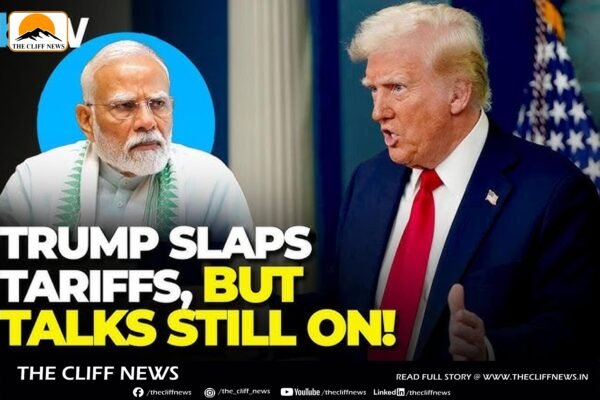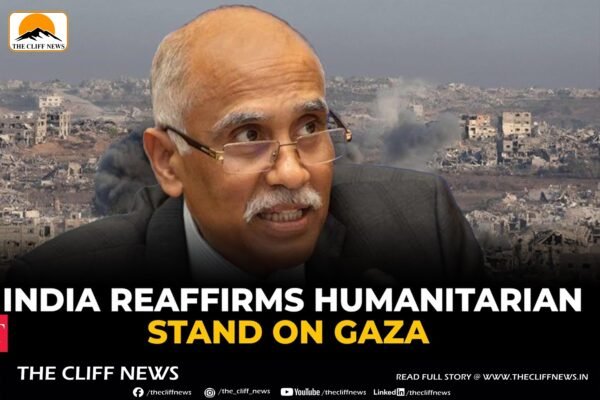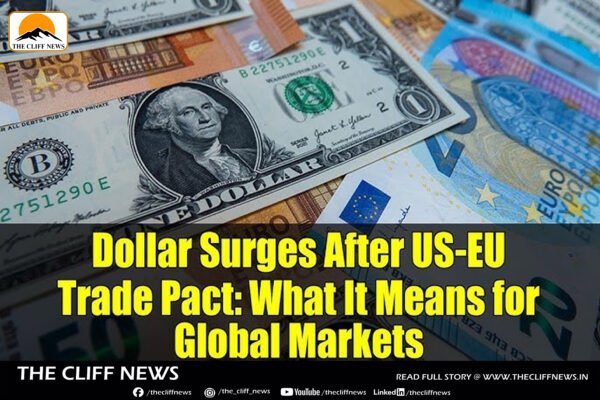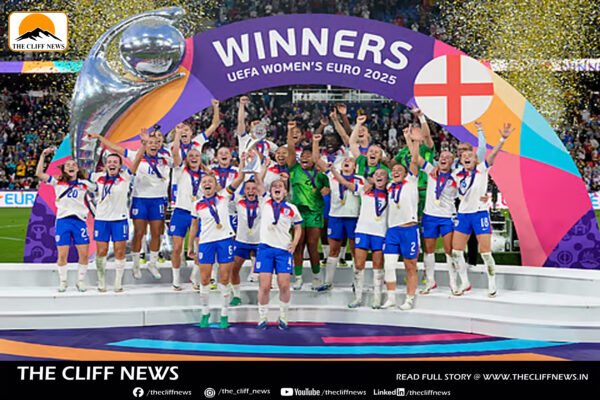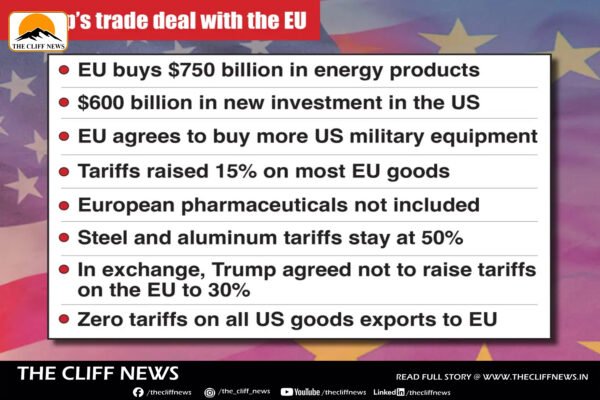Trump Announces U.S.–Pakistan Oil Partnership Amid New India Tariffs
U.S. President Donald Trump on Wednesday announced a new trade agreement with Pakistan, pledging that Washington and Islamabad will jointly develop what he described as Pakistan’s “massive oil reserves.” In a post on his Truth Social platform, Trump said the United States is in the process of selecting an oil company to lead this partnership and speculated that Pakistan “maybe” could one day sell oil to India. Details about the size or location of these reserves remain unclear. Pakistan currently relies on Middle Eastern imports to meet its energy needs, though geological surveys have hinted at substantial offshore deposits. Islamabad has long sought foreign investment and technical expertise to explore and exploit these fields, but so far has made limited progress. Trump’s announcement came just hours after he unveiled a 25% tariff on all imports from India—plus an additional penalty on purchases of Russian military equipment and energy—effective August 1. Labeling India’s trade policies “most strenuous and obnoxious,” Trump reiterated his administration’s view that Delhi maintains “one of the highest tariffs in the world.” He added that the United States is still negotiating a bilateral trade deal with India, even as he described India’s membership in the BRICS grouping as “anti-U.S.” India’s government responded by noting that it has “taken note” of Trump’s statements and is studying their implications. A spokesperson emphasized that India and the U.S. have been engaged in talks to negotiate “a fair, balanced and mutually beneficial bilateral trade agreement” and remain committed to reaching such a deal. Trump also mentioned that trade delegations from South Korea and other countries are in discussions with the White House, and he promised a full report on tariff negotiations “at the appropriate time.” With the August 1 deadline approaching, all eyes will be on whether the new Pakistan oil partnership and fresh India tariffs will reshape America’s broader trade strategy in South Asia.


